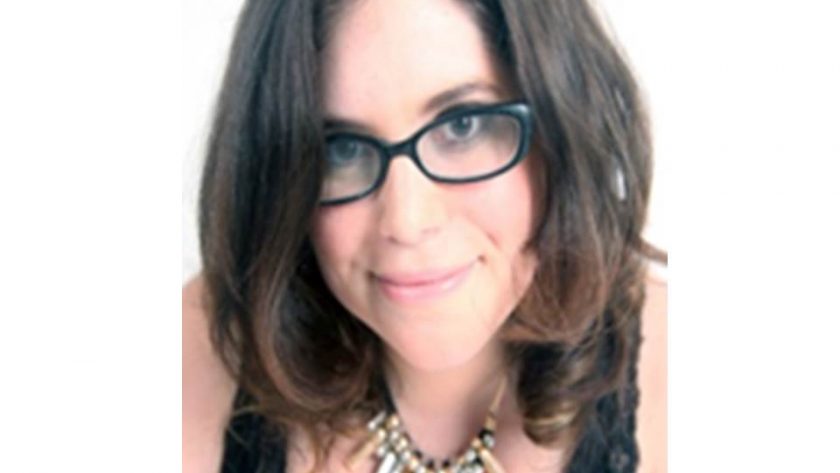Coaching Thru Mental Health Challenges by Danielle Hark
When I first learned about coaching years ago, I thought, This all sounds nice, but I’m too broken to benefit from coaching, and I’m certainly too broken to be able to coach others. Then I learned through my training and experience, both coaching and being coached, that I benefit hugely from coaching and am a highly effective coach to others.
In my chapter for Coaching Perspectives IV,  I explore the ways in which coaches can effectively work with individuals with mental health challenges.
I explore the ways in which coaches can effectively work with individuals with mental health challenges.
One of the elements of the International Coaching Federation Code of Ethics states: “I will suggest my client seek the service of other professionals when deemed necessary or appropriate.” This is a big one when you are working with clients with mental health challenges. A client must know that if upon a professional assessment or at any time during the coaching process the coach believes that a client is best served to seek additional help, he or she will be referred to another kind of professional. If medical or medication issues come up, they will be referred to a psychiatrist or other medical professional.
Anyone can benefit from coaching. The technique and conduct is adjusted from time to time to match the place where the client is at in that given moment, just as we adjust to different personality types and learning styles. An individual who is seeing a therapist and/or psychiatrist for assessment, analysis, and/or medication will also benefit from seeing a life coach who will help him or her set goals and take action steps towards achieving those goals.
Life Coaches focus on the present and the future. They help a person to see where he or she is at currently in relation to where they want to be. The coach supports and encourages the client as they implement changes and work towards the personal goals they have created. A coach encourages a client to think and discover things for themselves, as opposed to giving advice.





